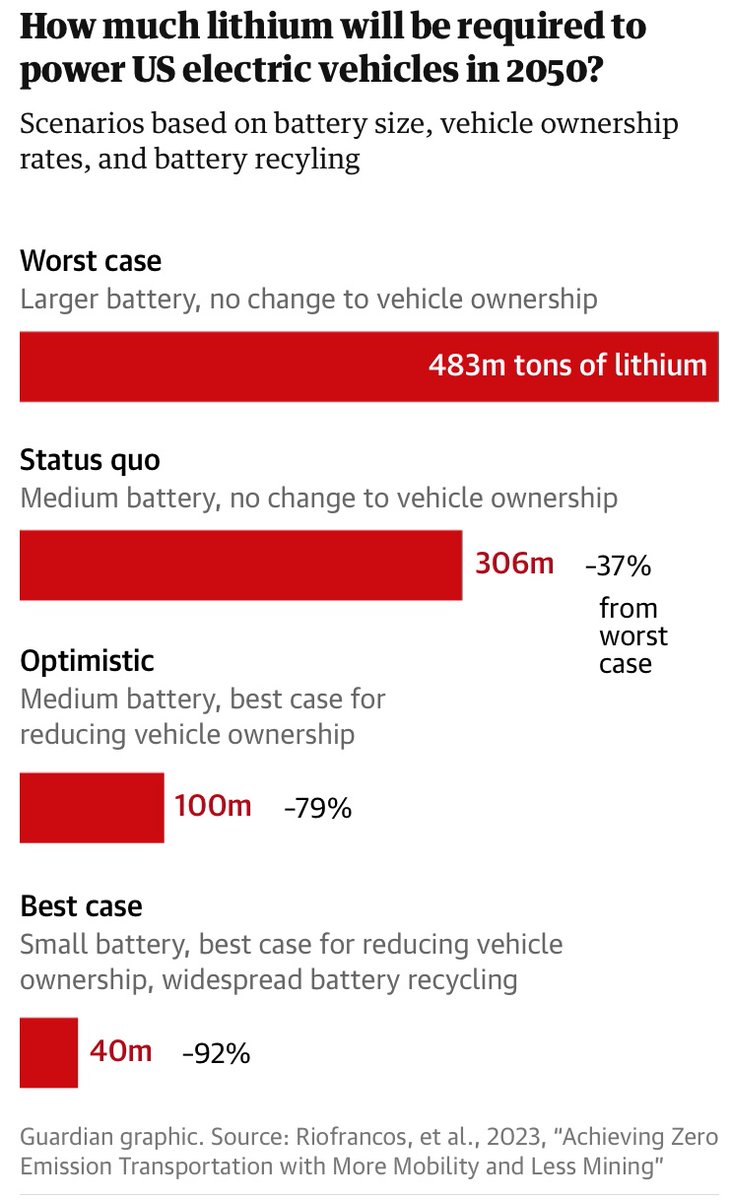We just got solid coverage of our #GreenStimulus letter in the labor magazine, In These Times, and a green capitalist mainstay, GreenBiz
I love to see it!
In these horrible times, even a glimmer of hegemony warms my heart
greenbiz.com/article/can-gr…
inthesetimes.com/article/22457/…
I love to see it!
In these horrible times, even a glimmer of hegemony warms my heart
greenbiz.com/article/can-gr…
inthesetimes.com/article/22457/…
In In These Times, I talk about how we've been influenced by @NaomiAKlein's work on disaster capitalism: "the oil CEOs are not waiting for the virus to stop before pushing their ideas... We knew we had to get something out more quickly."
In GreenBiz, @jmijincha explains why a Green Stimulus would invest carefully to help workers: "Businesses + manufacturers that pay + treat their workers with dignity are the ones that we want to be lifting up and investing in"
greenbiz.com/article/can-gr…
greenbiz.com/article/can-gr…
• • •
Missing some Tweet in this thread? You can try to
force a refresh







